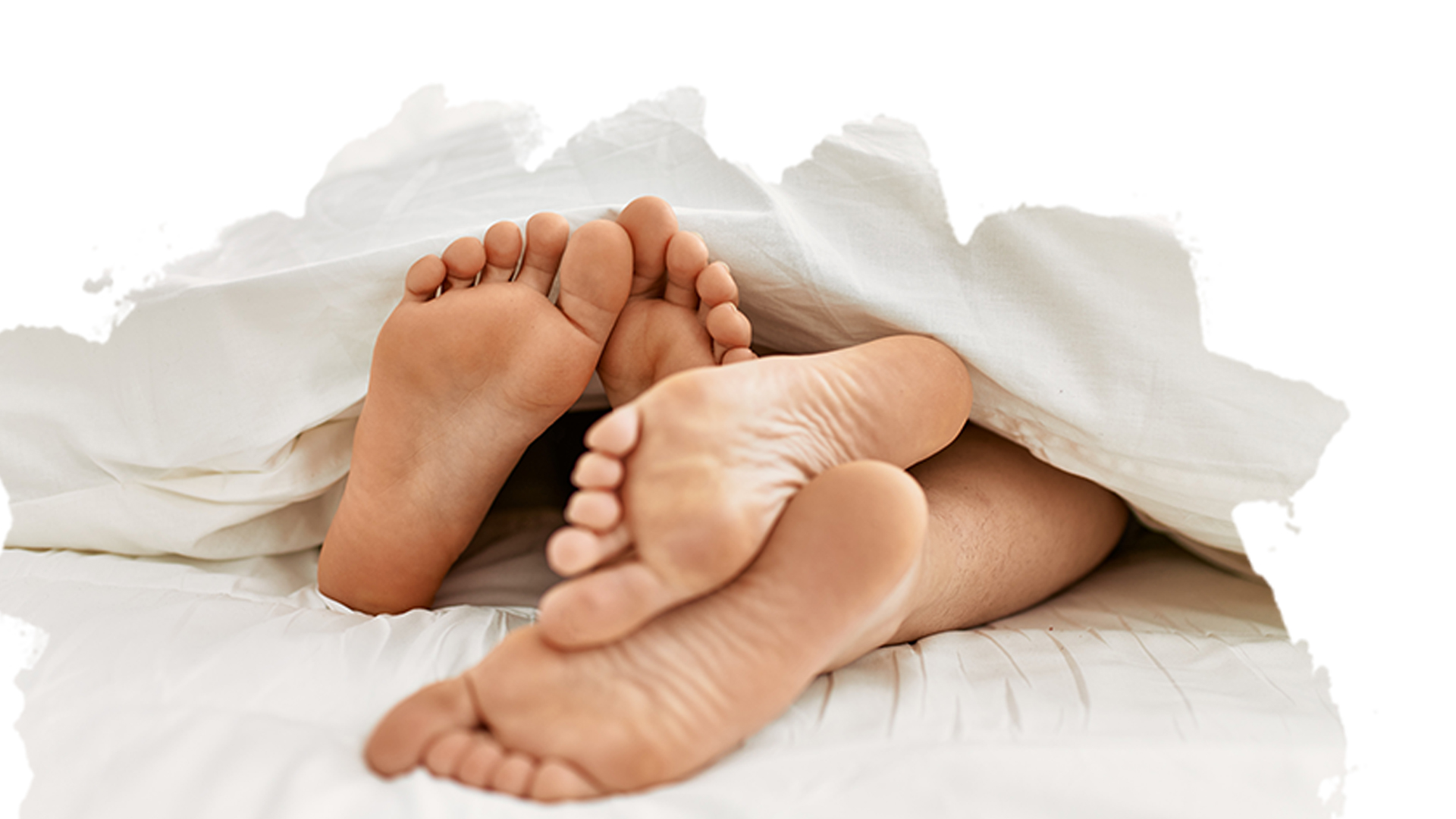
Recovery Hacks for Active Lifestyles
Living an active lifestyle – whether that means regular workouts, long days at work, social commitments, or all of the above – is incredibly rewarding. But it’s only sustainable if you give your body and mind the chance to recover properly.
The problem? Most recovery advice is either far too basic (“drink more water!”) or so technical it’s hard to apply to real life. That’s why we’ve put together a recovery guide that balances smart lifestyle habits, targeted supplements, superfoods, and mental reset strategies – because recovery isn’t just about muscles, it’s about your whole system.
Here are 10 intelligent, holistic hacks to help you recover better – and show up every day energised, focused, and strong.
1. Build a Sleep Ritual
Sleep is the single most powerful tool in your recovery toolkit – but it’s not just about getting eight hours. Quality matters, and the way you wind down before bed plays a big role in how deeply you rest. Rather than scrolling until you drop off, try creating a simple sleep ritual: dim the lights, avoid screens, stretch gently, maybe sip a calming herbal tea.
Support with:
Magnesium, vitamin D3, ashwagandha and vitamin B6 help calm the nervous system, regulate melatonin, and improve sleep quality.
2. Eat for Recovery
Protein is essential, yes – but recovery nutrition goes way beyond your post-workout shake. Real recovery comes from nutrient-dense meals that deliver antioxidants, fibre, healthy fats and complex carbs – all of which work together to repair tissues, reduce inflammation, and replenish energy.
Support with:
Iron (for energy), B-complex vitamins (for the nervous system), zinc (for tissue repair), selenium (for antioxidant protection), and superfoods like turmeric, beetroot and dark leafy greens.
3. Schedule ‘Recovery Hours’
Recovery doesn’t always mean total rest. Try scheduling active recovery into your week: yoga, sauna, cold showers, or even a walk in nature. These low-intensity activities improve circulation, reduce soreness and help you decompress mentally.
Support with:
Curcumin (from turmeric), spirulina, chlorella and magnesium all support physical recovery, reduce oxidative stress and boost muscle function.
4. Reset Your Nervous System
Mental stress is just as exhausting as physical strain. Daily stress keeps cortisol elevated, which interferes with sleep, digestion and muscle recovery.
Do this:
Practice breathing exercises, spend time in silence, journal, or meditate. These small practices create mental clarity and physical calm.
5. Hydration with Purpose
Hydration is more than just drinking water. When you sweat or drink alcohol, you lose electrolytes – and without them, hydration is incomplete.
Do this:
Start the day with lemon water and a pinch of salt. Replenish with electrolytes post-workout or after sauna use. Herbal teas like nettle and ginger can also support circulation and detox.
Support with:
Magnesium, potassium, milk thistle and vitamin C – all of which help with detox and mineral balance, especially after alcohol or late nights.
6. Don’t Just Stretch
Mobility work and fascia release are underrated tools for recovery. Ten minutes of mobility flow or foam rolling can do more than a passive rest day.
Do this:
Incorporate hip openers, spinal twists, and ankle mobility. Try contrast showers to improve circulation and muscle recovery.
Support with:
Magnesium, creatine, electrolytes and omega-3s can all assist in faster muscular regeneration and reduced inflammation.
7. Mental Recovery = Physical Gains
Overtraining isn't just physical. When your mind is overloaded, your body pays the price.
Do this:
Unplug. Journal. Sit in silence. Stare out the window. Give your mind quiet space.
Mental clarity leads to physical resilience.
Support with:
Omega-3 fatty acids (for brain health), magnesium and B6 (for calm and neurotransmitter support), plus adaptogens like ashwagandha and rhodiola.
8. Smart Supplement Timing
Even the best supplements work better when taken at the right time.
Morning: B-complex vitamins, creatine, electrolytes
Around workouts: Creatine, electrolytes, BCAAs
Evening: Magnesium (especially bisglycinate), ashwagandha
When you align supplementation with your body’s rhythm, your energy, focus and recovery improve naturally.
9. Respect Your Gut
Your gut influences everything – nutrient absorption, immune strength, even recovery. If your digestion is sluggish or your microbiome is out of balance, it can delay healing and energy regeneration.
Do this:
Eat fermented foods, rotate fibre sources, avoid ultra-processed foods, and chew slowly.
Support with:
Probiotics, digestive enzymes, zinc, and vitamin D3 to support gut barrier function, immunity and nutrient uptake.
10. The 80/20 Rule: Be Kind to Yourself
Recovery isn’t about getting it perfect every day. If you’re consistent 80% of the time, that’s more than enough to see results. It’s about rhythm, not rigidity.
Do this:
Missed a workout? Slept badly? Ate fast food? No problem. Just return to the basics: move, hydrate, sleep, breathe. Consistency is more powerful than perfection.
Support with:
A mindset of compassion, daily routines, and smart foundational supplements to keep your base strong – even when life gets messy.
Recovery is a Lifestyle, Not a Luxury
Recovery isn’t just for sore muscles. It comes in many forms – physical, mental, hormonal, immune and even digestive. And the type of recovery your body needs can shift day by day, depending on what’s going on in your training, lifestyle, stress levels, or sleep.
That’s why a one-size-fits-all approach doesn’t work. Some days you might need hydration and mobility work, other days your nervous system is crying out for calm. Sometimes your liver needs support after a night out, or your gut needs a reset after a stressful week. Learning to recognise what kind of recovery you need – and supporting it with both smart habits and targeted nutrients – is what makes a real difference in how you feel and perform.



